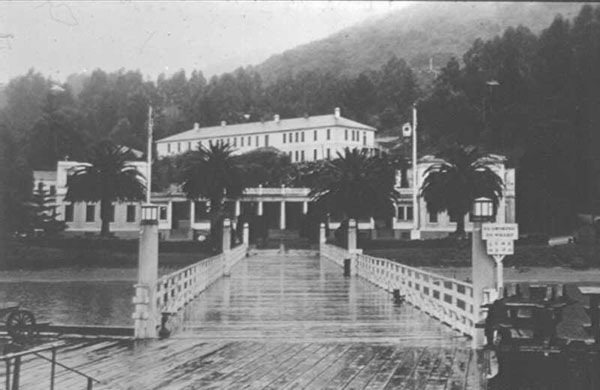
It was Tuesday, June 29, the day that most children in our community who are staying in Brooklyn for the summer were beginning the first day of day camp. They and their parents had joyful visions of delightful programs—swimming, ball games, parasha stories and question hours, arts and crafts, music, yummy snacks, and exciting field trips.
Yet, in many of the small apartment houses found in various corners of our community, there are families struggling to pay their rent and put food on the table.
For these children, June 29 was the start of what promised to be yet another boring summer of unsupervised hours outside on the muggy street or in homes (many of which lack air conditioning) where they would quickly become bored.

That same day, however, a turning point occurred when Rivka Vekinin, an experienced day camp director, happened to meet with Rabbi David A. Cohen, Director of the Sephardic Renaissance. She spoke about the kids whose immigrant parents were unable to pay for even the simplest day camp programs for their children, explaining both the physical and spiritual dangers that these kids were going to face being on their own during the summer.
Rabbi Cohen said that he and many others in the community still recall the painful incident when a young girl, outside her house unsupervised, was run over by a garbage truck whose driver tragically didn’t notice the child ‘playing’ in the street.
Remembering the tragedy and fearing a similar incident, the Sephardic Renaissance, a grass-roots community organization that sponsors kiruv (bringing secularized Jews closer to Judaism) activities in New York and Israel, immediately decided to open an affordable day camp to serve recent immigrant families.

That same day, the Sephardic Renaissance arranged to rent facilities for a new day camp at Yeshivah Ohel Moshe at Bay Parkway and 80th Street in Bensonhurst. Flyers were quickly designed, printed and distributed to announce the establishment of the Sephardic Renaissance Day Camp for Summer 2004. Rivka Vekinin, that same afternoon, began to receive numerous phone calls from excited parents.
The Sephardic Renaissance understood that the price they would charge the parents would not come close to covering the actual costs for providing door-to-door transportation to and from camp, breakfast, catered hot lunches, paying for the rent of the day camp facilities, the cost of the weekly field trips and the salaries for the day camp counselors and staff.
Rabbi Cohen was briefly concerned as to whether or not he would be able to get support from the community each week to pay the many bills that the day camp was going to generate. He started making phone calls to prominent individuals who are active in similar mitzvah oriented projects and was delighted by their immediate endorsement of the day camp and their commitment to not only donate, but also to actively solicit contributions amongst their friends and business associates.
Rabbi Cohen, an experienced educator who studied at the Sorbonne and Hebrew University, decided to utilize the positive atmosphere of the day camp to help many of the campers improve their educational skills.
Rabbi Cohen was stunned to discover that some of the campers have weak understandings of Yahadut (Judaism) and subjects such as English, mathematics, reading simple books or understanding Hebrew.
Sephardic Renaissance aims to improve the understanding of the youngsters by providing the camp with special teachers who can provide tutorial assistance in a friendly environment. In addition to teaching Chumash (Bible studies) to both the boys and girls, special classes in Mishna and Gemora are given to the older boys.
Almost 100 boys and girls, in separate programs, aged 3-13, some of whom unfortunately attend public schools, now have the chance to get up each day and look forward with excitement to a fun-filled day that will also enrich their Yahadut (Jewish identity) understanding of themselves and the world around them.



